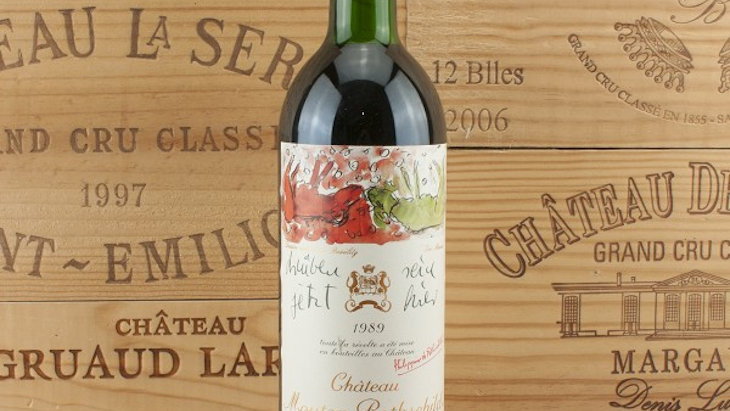 Vampire Weekend's Surprising Jewish Stories
Vampire Weekend's Surprising Jewish Stories


3 min read
Businessmen who ordered a $2000 bottle of wine didn't notice the difference when they received a $18 bottle instead.
By now many of us have read the story of the hapless sommelier who mistakenly switched a $2000 bottle of wine with an $18 one. The customers were completely unaware of the error and proceeded to enjoy their drink and even laud the experience according to their expectations.
Those who thought they were drinking $2000 wine extolled its virtues and superiority, even though it was actually the $18 one. And the couple drinking the (significantly) cheaper one were completely oblivious to the unique and privileged situation they found themselves in. In their minds (and palates) they were enjoying a nice inexpensive wine with their dinner.
What can we learn from this story (without going into a rant about wine snobbery and whether anyone really notices the taste of orange peels and the hint of lavender)?
I think that the important takeaway here is that we frequently get out of experiences what we bring to them. There is no magic at play. The first time my husband went to the Western Wall, he had no idea what it was (literally). To him it just looked like a pile of stones, potentially an old pile of stones. It’s only when we learn the history of the Wall, the meaning of the Temple is Jewish understanding, how the Almighty’s presence resided there, what we and the world have lost, that we can fully appreciate the power of the Kotel. It’s only with that education and preparation that going to the Western Wall can be a powerful emotional and spiritual experience.
Our preparation is what shapes the experience; it gives it context and meaning and power.
This is true of almost all important experiences in life (and the unimportant ones too, like sharing a bottle of wine). Preparing for many of the Jewish holidays, including Shabbos, can either be viewed as drudgery and hard work or as an opportunity to connect with Jewish women across history and the globe, to identify with our people, to access the meaning inherent in it. It’s dependent on what we bring to the experience. Is Shabbos an opportunity to sleep or to grow (or a little of both)? It’s all in our expectations.
This can apply to marriage or parenting as well. If we bring positive and realistic expectations, chances are that will be our experience. And the opposite is also true. If we look for the wonderful aspects of a situation we will find them. And if we look for the unpleasant ones, we will find them as well.
The wine mix-up is funny (to everyone but the restaurant owner who was now out that $2000) and the reactions of the drinkers amusing but ultimately irrelevant. But life presents us with daily situations and opportunities where what we bring to the experience does matter. And if we start with knowledge and context and appropriate expectations and a desire to see the glass (no pun intended) half-full, then we really will (no matter what quality of wine is actually inside it).
